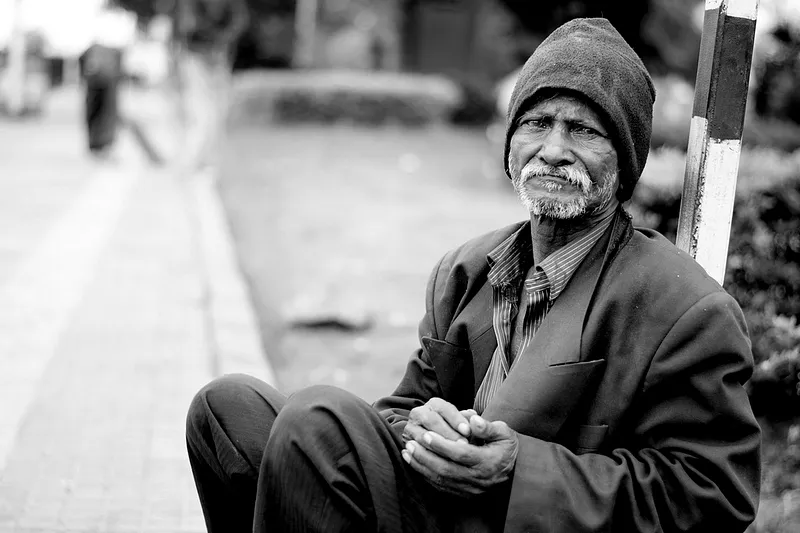With patience, and a tripod-mounted smart phone, one can capture star trails using apps with very long exposure option. This moon can be sighted even by naked eyes, as we used to do during our school days.
On sighting moon many religious scholars including in Kashmir announce the day of Eid, the first major Islamic festival celebrated by Muslims after a month long fasting.
This holy month of Ramadhn gives us many things including the sense to sight the poor.
The Coronavirus (Covid-19), which is our common sorrow and pain, has adversely affected economies, business and destroyed our poor farmers (who give us food) across the globe.
They can’t pay school fee, buy food and clothes for their beloved children, though governments made many arrangements during this medical emergency. In addition, many capable educated youths are unemployed and are in search of jobs for years together.
This job insecurity has disturbed their families and the families are involved psychologically, as they have spent everything on their education. This whole process (disruptions in business, no source of income, and unemployment) causes depression and pushes youth towards drug addiction and drug trafficking.
I am of the firm belief that this could be one of the causes behind the rising trend of drug addiction.
Zakat, one of the five pillars of Islam, is mandatory for all eligible Muslims and they must donate at least 2.5% of their accumulated wealth for the the poor, and destitute. Islam, like other religions, enjoins upon its followers to spend for individual and societal well-being.
The main institutionalised instruments of Islamic philanthropy and redistribution of wealth are Sadaqa (charity) and Zakat (poor tax). Please calculate it today as we calculate the income tax of our income by any CA.
Many organisations, including NLCO, are doing good and more should come forward to do this social work.
Fasting is a way to understand what it feels like to be hungry. It teaches lessons of sympathy. It is a view that can only come out of a certain perspective. The Hanafi school says that if a person misses a day of fasting unnecessarily, he or she should either fast for 60 consecutive days or feed 60 poor people. Thus, the concept of feeding poor and understanding the suffering of those who go to bed without food is the lesson.
Every day we see a number of poor people sitting by the roadside, begging for money and food around us. Including them are little poor kids. They don’t get food to satisfy their hunger. However, by a simple act of kindness and generosity, we at Physics, NIT Srinagar can make an noble initiative of arranging some deep refrigerators near the gate, which could act as a Free Food Bank (FFB).
The leftover food/ excess food from homes, hotels and nearby hostels can be deposited in FFB, which needy people could take. It will create a world (though small) where no one goes to bed without food in our area, which is blessed by many ways.
We, the teachers should not be the mute spectators, not relinquish responsibilities and should not be blind to these issues. We need more responsible, more sharing and more caring society, which is required at the time of troubles and turbulences.
We are reminded severally that giving food to poor is a great deed and one should feel blessed. Peers in general and teachers in particular need to teach philosophical features of fasting.
The bottom line is: We need to sight the poor on land instead of moon in sky.
Dr. M. A. Shah teaches Nanotechnology at NIT Srinagar
Disclaimer: The views and opinions expressed in this article are the personal opinions of the author.
The facts, analysis, assumptions and perspective appearing in the article do not reflect the views of GK.






